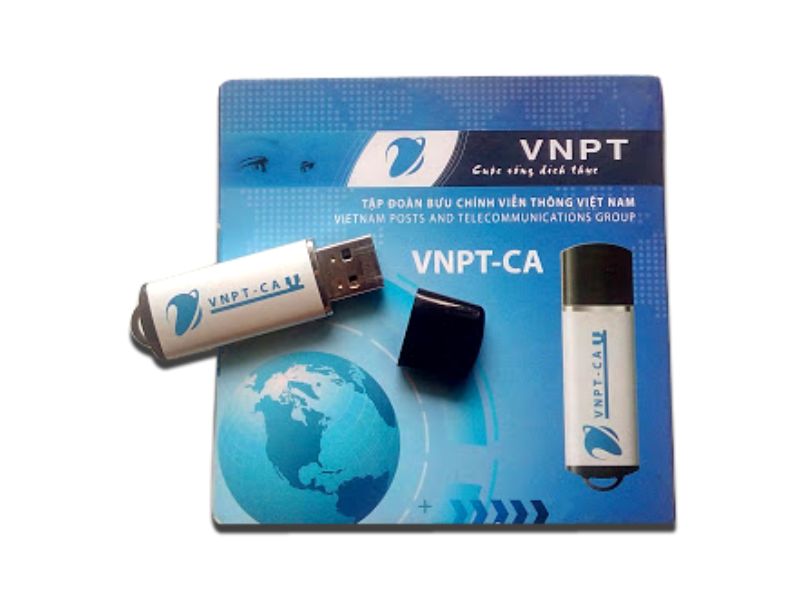Vietnam is gradually becoming one of the world’s leading destinations for attracting foreign direct investment (FDI) and establishing FDI companies. Due to cultural, social, and legal differences, many investors struggle to determine the next steps after setting up an FDI company in Vietnam. In this article, OTIS LAWYERS will provide insights for investors, businesses, and readers on essential tasks after establishing an FDI company.
Definition of an FDI Company in Vietnam
Currently, Vietnamese law does not provide a specific definition of an FDI company. However, based on the characteristics and actual operations of FDI companies, it can be defined as follows:
An FDI company, or a foreign-invested enterprise, is a business with capital contributed by foreign investors. Depending on the capital contribution ratio, the foreign investor may become the sole owner or a co-owner of the enterprise.
Procedures to Complete After Establishing an FDI Company
Opening a Direct Investment Capital Account and Contributing Capital
According to the investment registration certificate (IRC), the company must fully contribute the registered capital within 90 days from the date of issuance of the enterprise registration certificate (ERC).
To contribute capital, an FDI company must open a direct investment capital account at a bank in Vietnam. The investor must then transfer the registered investment capital into this account within the specified timeframe.
Company Signboard Installation
For newly established FDI companies, the tax authorities may frequently inspect the registered company address. Additionally, when applying for work permits and temporary residence cards for foreign employees, the labor authority may require photos of the company’s signboard and office.
To avoid unnecessary issues and delays in other procedures, the company should promptly create and install its signboard at the registered office address.
Purchasing, Registering, and Using a Digital Signature USB Token
This USB token is essential for accountants to carry out tax-related transactions with the Vietnamese tax authorities. It is a mandatory purchase immediately after the company is established.

Business License Tax
The business license tax is an annual tax payable to the Vietnamese government at the beginning of each year.
For newly established companies, the first-year business license tax is exempted; however, they must still submit a business license tax declaration. While no tax payment is required for the first year, the company must ensure the timely submission of this declaration. A dedicated accountant should handle this task.
From the second year onward, the company must declare and pay the annual business license tax at the beginning of each year. Upon payment, the tax authority will issue a receipt.
E-Invoicing Software Registration
During business operations, if the company needs to issue value-added tax (VAT) invoices, it must register for and use e-invoicing software.
Periodic Tax Declarations
After establishment, an FDI company must prepare and submit quarterly tax declarations to the tax authorities, reporting its purchasing and sales activities. An accountant should be responsible for this task.
Periodic Investment Reports
After establishment, an FDI enterprise must submit two types of periodic investment reports:
- Semi-annual and annual investment supervision and evaluation reports
- Quarterly and annual reports on the implementation of the investment project
The company should assign personnel to handle these reporting tasks.
The above are some key tasks that investors must complete after establishing an FDI company in Vietnam. If you have any questions or require further assistance, please contact OTIS LAWYERS for timely and efficient support.
For any questions or comments, please contact:
OTIS AND PARTNERS LAW FIRM
Office address: 2nd Floor, CT3 Building, Yen Hoa Park View Urban Area, No. 3 Vu Pham Ham Street, Yen Hoa Ward, Cau Giay District, Hanoi
Email: info@otislawyers.vn
Hotline: (+84)987748111


 Tiếng Việt
Tiếng Việt 한국어
한국어 中文 (中国)
中文 (中国)